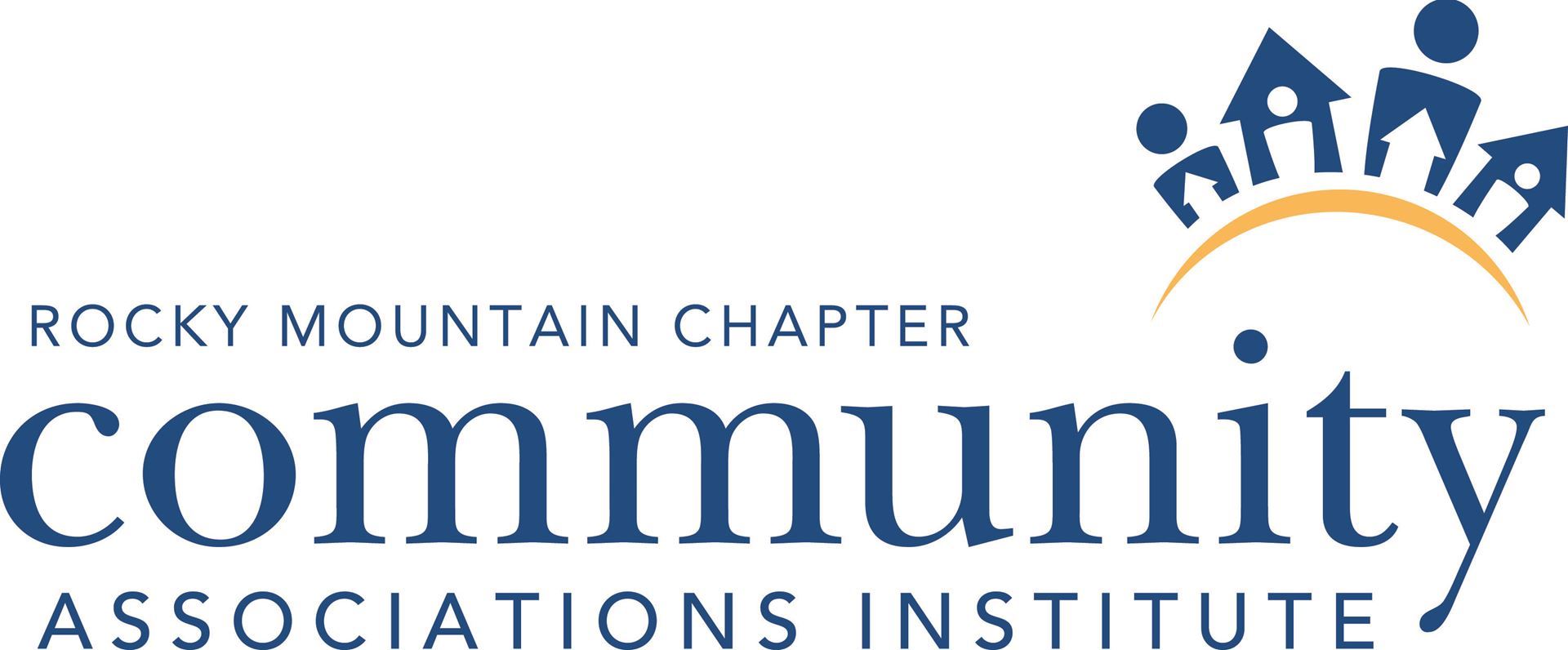By Elina B. Gilbert, Esq., HindmanSanchez
Associations are oftentimes confused with the police. After all, it is not atypical for community managers or board members to receive calls from owners complaining about crime in their communities and demanding the associations do something about it. Whether it’s alleged drug use, car theft, or domestic violence, associations seem to be the first place owners turn to for help.
Although many boards try to do the right thing and take steps to provide some levels of security in the communities, no good deed goes unpunished. Oftentimes, such boards end up in court trying to defend themselves against claims alleging a failure to protect. In other words, crime victims in the community allege the security measures were not enough to protect them, and blame the associations for not providing enough security or good security.
So what is an association to do? To minimize an association’s exposure to liability pertaining to security measures, consider the following tips:
- Review the governing documents to determine if the community has a duty to protect or provide security. If the association does not have such duty, it may not be worth the risk to begin providing security. Remember, once an association starts providing security, it has taken on the obligation to provide such security in a good and reasonable manner. Failure to do so exposes the association to liability.
- Stay well informed of changes in the law. For example, there are court decisions that held associations liable to owners who were crime victims in their communities because, for example, associations refused to add lighting to dark areas in communities or did not allow owners to install their own security measures.
- Establish and follow procedures for regular inspection of premises (e.g., lighting, locks, fences, cameras, etc.). This will allow the board to immediately repair and provide maintenance to those portions of the community that help keep it a safe place to live.
- Consult with appropriate professionals prior to making modifications to lighting, fencing, cameras, etc. to ensure such modifications would not negatively impact the residents’ security.
- Consult with your insurance carrier and legal counsel prior to taking any action with security implications (e.g., hiring armed guards or installing cameras).
- If a community is installing cameras on the premises, it is imperative that signs also be placed with the cameras indicating the cameras are for surveillance purposes only and not for security. This will ensure residents and guests do not rely on such cameras for their protection.
- Promptly investigate and respond in writing to every resident’s request for protective measures, inquiry, or complaint about security. Keep track of criminal activity in your community and neighboring communities and report to residents if you see significant increases.
- Offer awareness and educational workshops for association residents (e.g., police department, private security companies, insurance agents, etc.).
- Avoid use of the words “security,” “safety,” and “protection”.
- Avoid making representations or giving assurances to residents and guests concerning security or safety in the community.
- Notify residents in writing if the community reduces security for any reason prior to reducing the security.
- Consult with your insurance representative to ensure you have adequate insurance (general liability and Directors & Officers) to cover claims and legal actions alleging a failure to protect.
Elina Gilbert is a shareholder at HindmanSanchez P.C. and specializes in representation of Homeowners Associations and Community Association law. Please visit www.hindmansanchez.com for more information.
